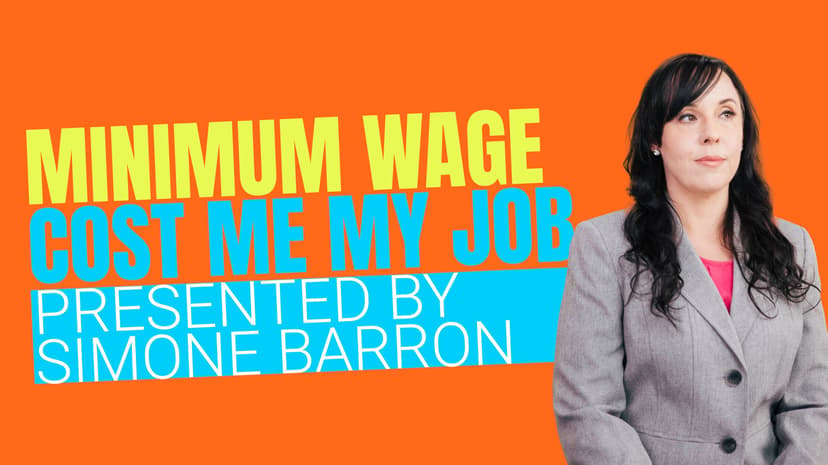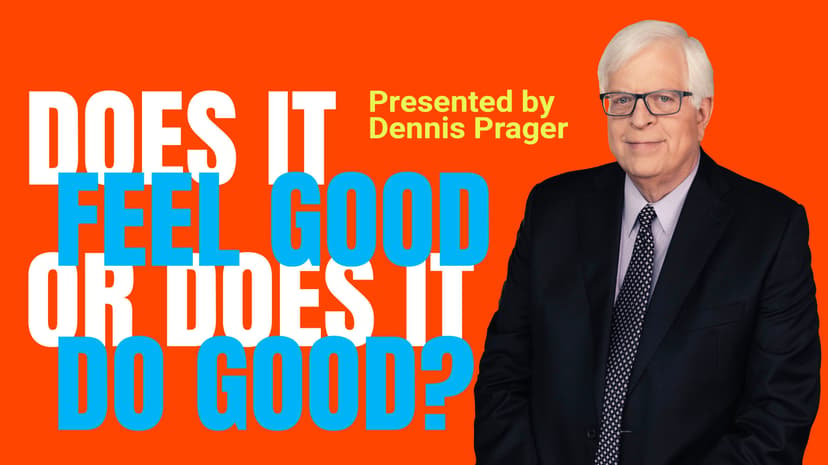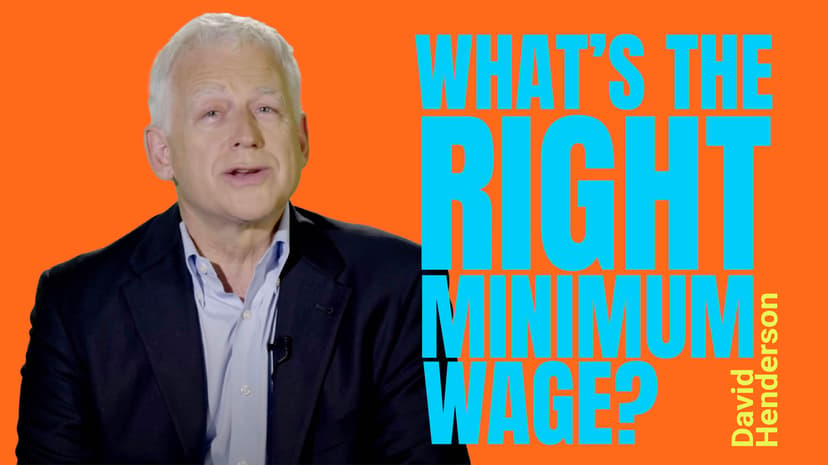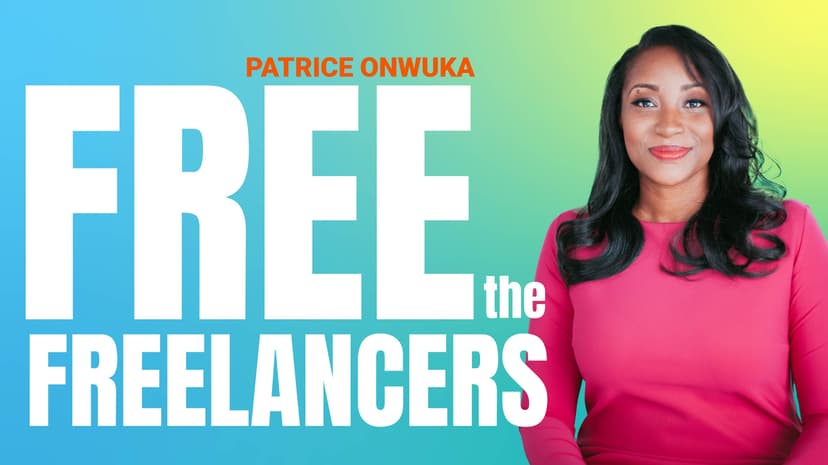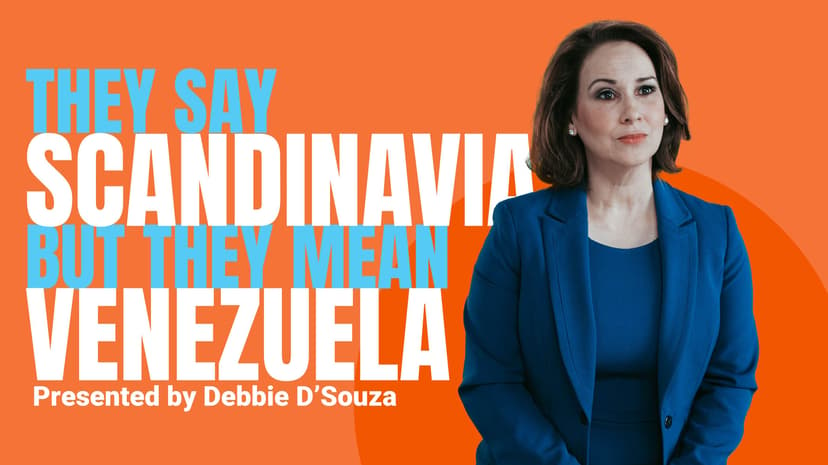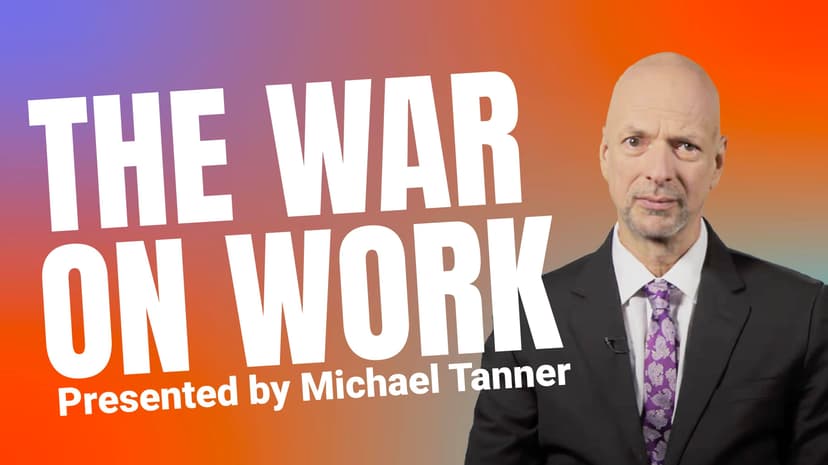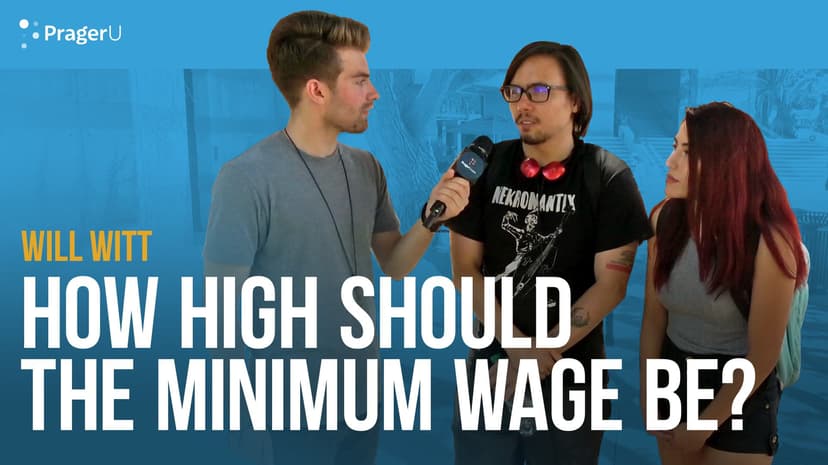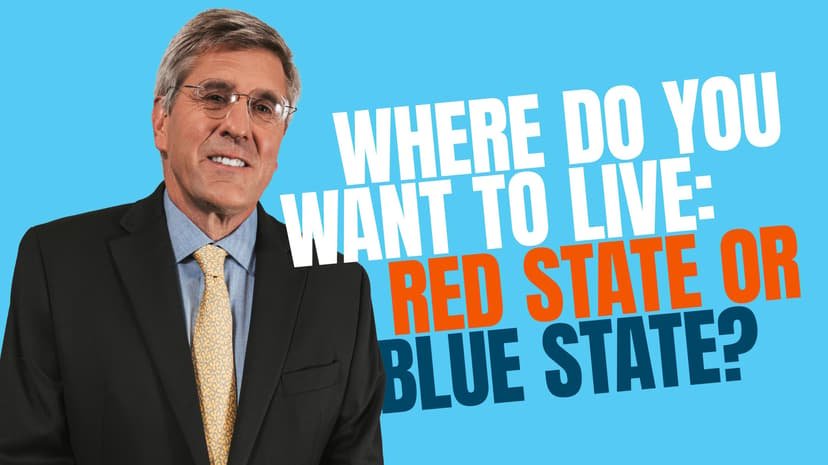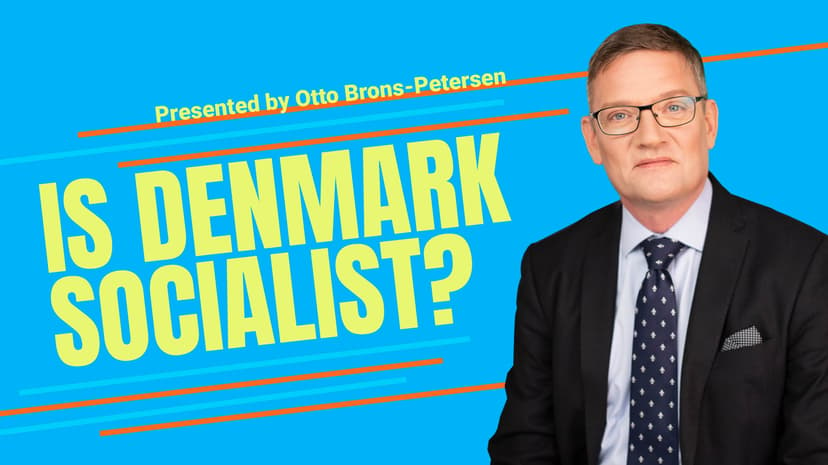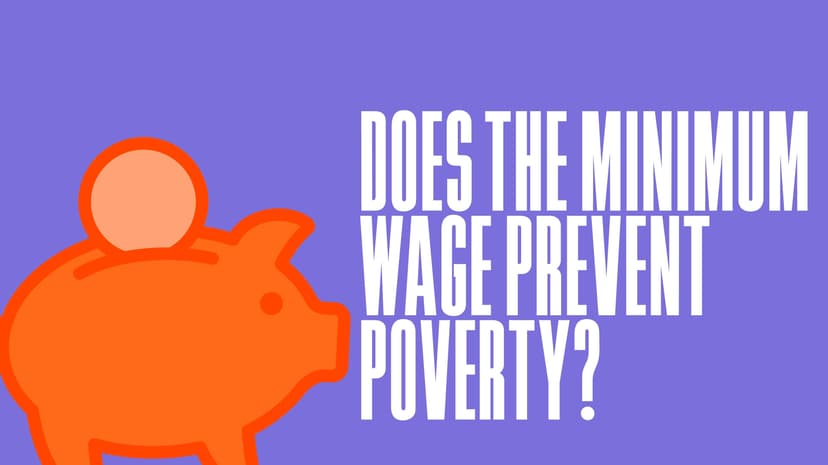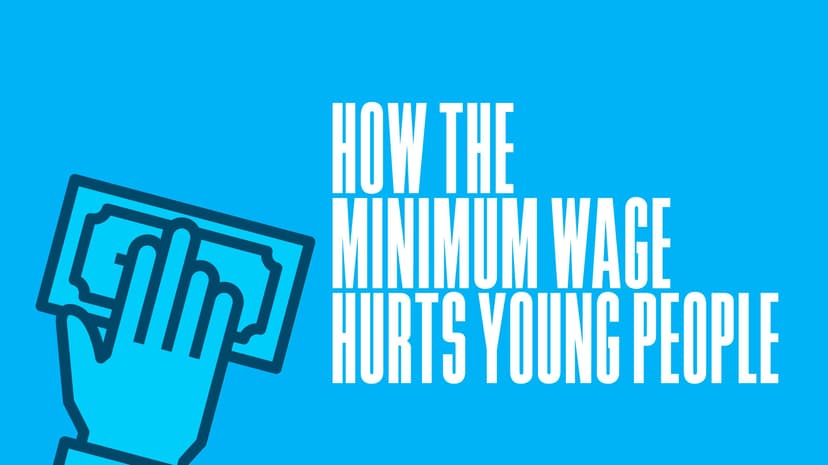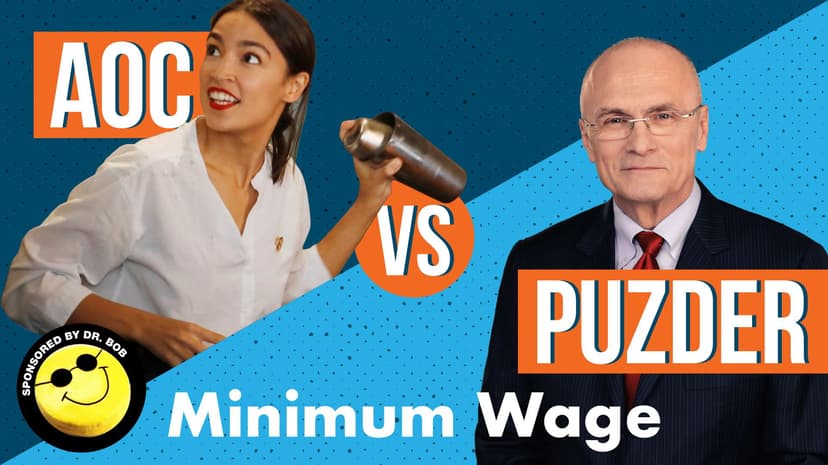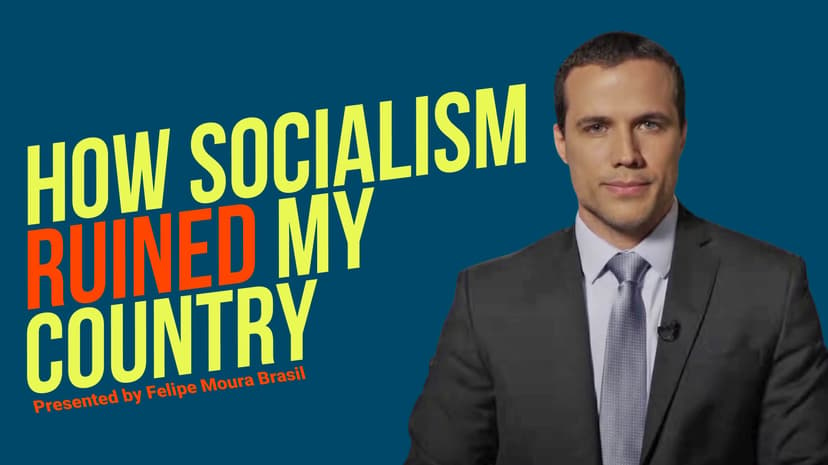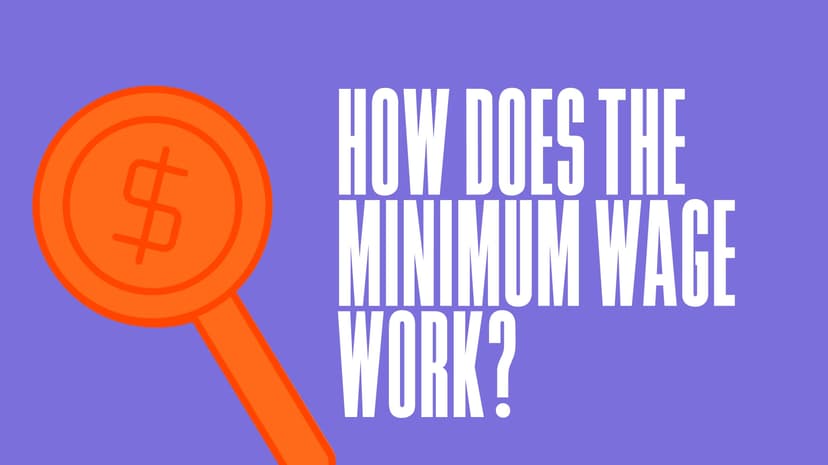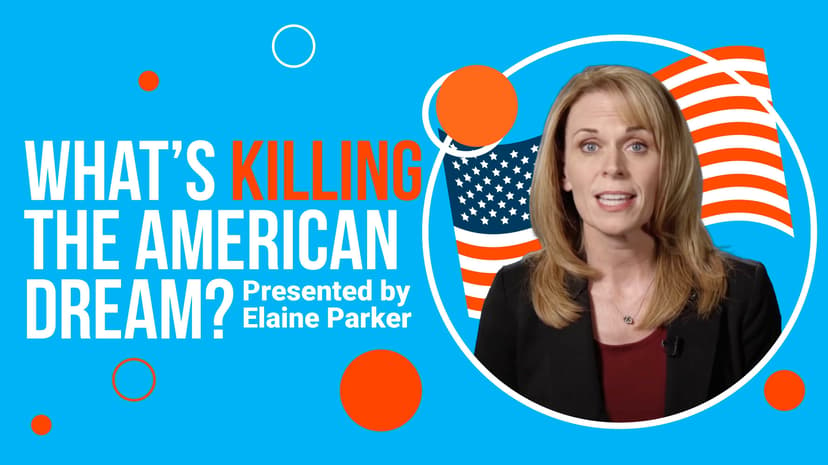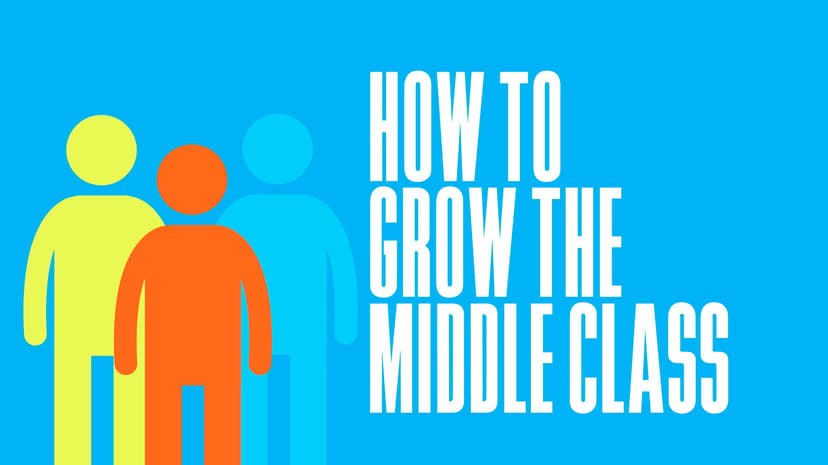Who Does a $15 Minimum Wage Help?
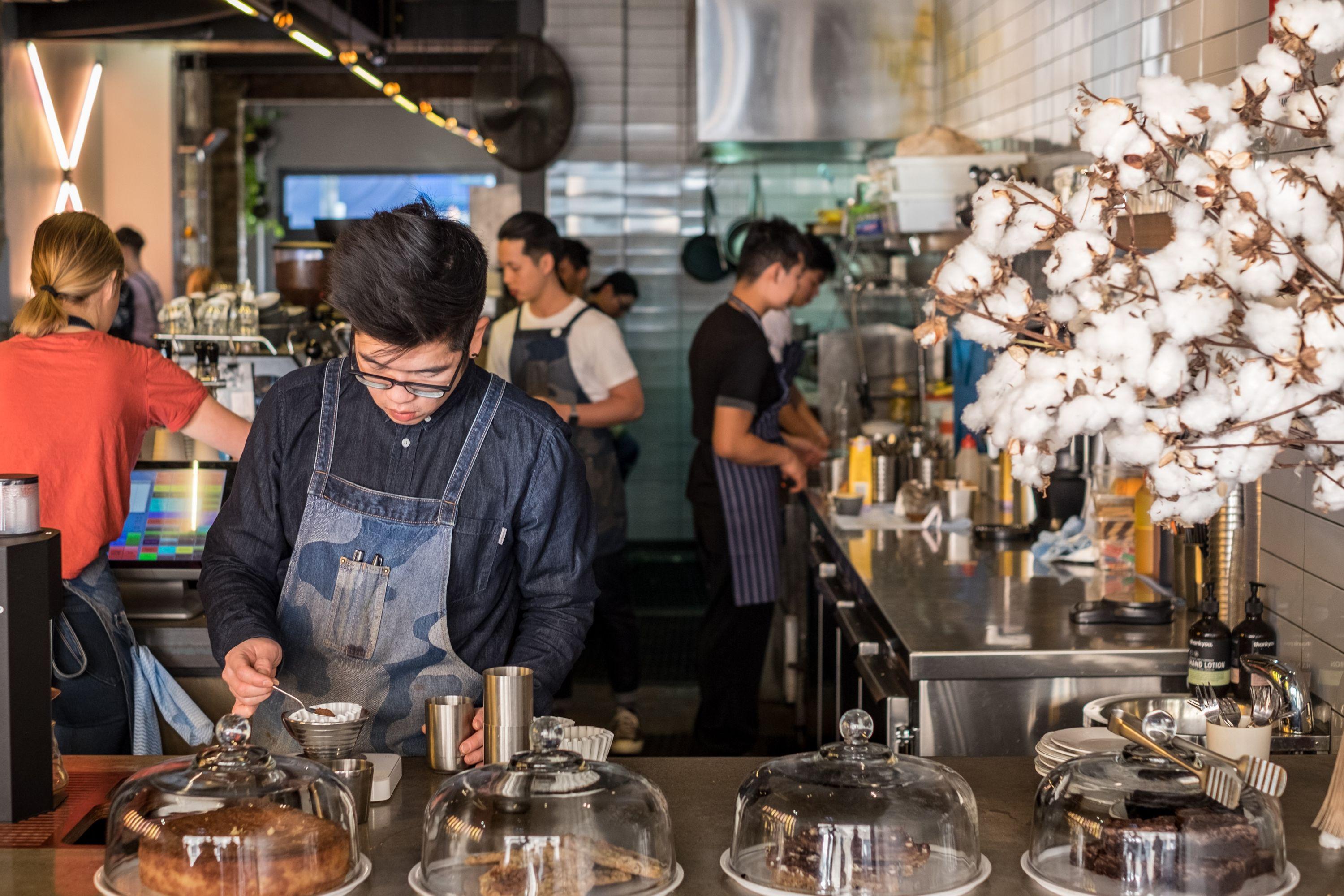
Who Does a $15 Minimum Wage Help? presented by Andy Puzder
Progressive politicians love to talk about raising the minimum wage.
It makes them sound caring, compassionate, concerned. They’re on the side of the worker, standing against the greedy employer.
The current call is for a national $15-an-hour minimum wage – more than double the current federal rate of $7.25.
A number of cities and states are already there – including New York, California, Washington D.C. and Seattle. Others are considering it.
The left casts the minimum wage debate as a war between employee and employer. But most business owners pay their workers as much as they can. Finding and keeping good people is the hardest part of any employer’s job.
I know. For 17 years, I ran CKE restaurants, the parent company for Carl’s Jr. and Hardees. Our company and franchised restaurants employed over 75,000 people, but, as with most retail businesses, our profit margins were razor thin.
Based on my experience, if we adopt a national minimum wage of $15, here’s what will happen:
1. A lot of people will lose their jobs or have their hours reduced. According to a 2014 Congressional Budget Office study, just a $10 minimum wage would cost half a million jobs as businesses terminate employees. Obviously, far more jobs would be lost at $15 an hour. To survive, employers would have to reduce hours even for workers who manage to keep their jobs. That’s a pay cut.
2. Businesses will close, and the jobs they created will disappear. A recent report from researchers at the Harvard Business School found that each $1 increase in the minimum wage results in a 4-10% increase in the likelihood of restaurants closing. An over $7 an hour increase, to $15, would be devastating not only for restaurants, but for small businesses and their employees.
3. Young people will lose that entry-level job opportunity. My first job was scooping ice cream at a Baskin-Robbins in Cleveland, Ohio in the 1960s. I was paid just $1 an hour. But it taught me valuable lessons – like the importance of showing up on time, teamwork, and presenting a happy demeanor to customers. No one can get that better job until they have their first job.
4. The cost of all workers will have to go up. If you hire a dishwasher at $15 an hour, your cooks will be unhappy with their wages. You’re going to have to pay everybody more, which increases labor costs across the board. That’s more pressure on profits. Too much pressure and you’re out of business.
Never miss a new video. Join for free.
5. Fewer people will open businesses. $15 an hour is a very steep hill to climb. Would-be entrepreneurs will do the math on labor costs and realize it’s just not worth the risk. This is a real cost to the economy that we can’t measure. A company that never exists never employs anyone.
6. Prices for everything will go up as businesses pass higher labor costs along to consumers. One of two things will happen: Either consumers won’t pay the higher prices and businesses will lay off workers or close, or consumers will pay higher prices and have less money to spend elsewhere. Either way, the higher minimum wage will represent a drag on the overall economy.
Now, this may sound like doom and gloom. But it’s already a reality for many business owners and workers in the cities and states that are raising the minimum wage.
In San Francisco, AQ, a 2012 James Beard Award finalist for the best new restaurant in America, saw rising labor costs drive its profit margins down from 8.5% in 2012 to 1.5% by 2015. So, it shut the doors.
Jeremy Merrin’s chain of Cuban restaurants in New York closed two locations because of minimum wage increases and has raised prices at the restaurants he’s still operating. The minimum wage, he said, “is going up too fast… We can’t catch our breath.”
Kevin McNamee is a chiropractor in California. “I’ll be moving my two companies out of Los Angeles,” he wrote in a letter to the New York Times. “When the city compels me to pay employees $15 an hour, it comes out my pocket. Last year, my employees made more than I did.”
These stories are already all too common. Expect them to become more so as cities and states pile on the $15 minimum wage bandwagon.
So…if a $15 minimum wage doesn’t help workers, and doesn’t help employers, who exactly does it help? Well, maybe just the progressive politicians who manage to mislead voters into believing that it’s the right thing to do. Sounding caring, compassionate and concerned is all well and good. But having a job is better.
